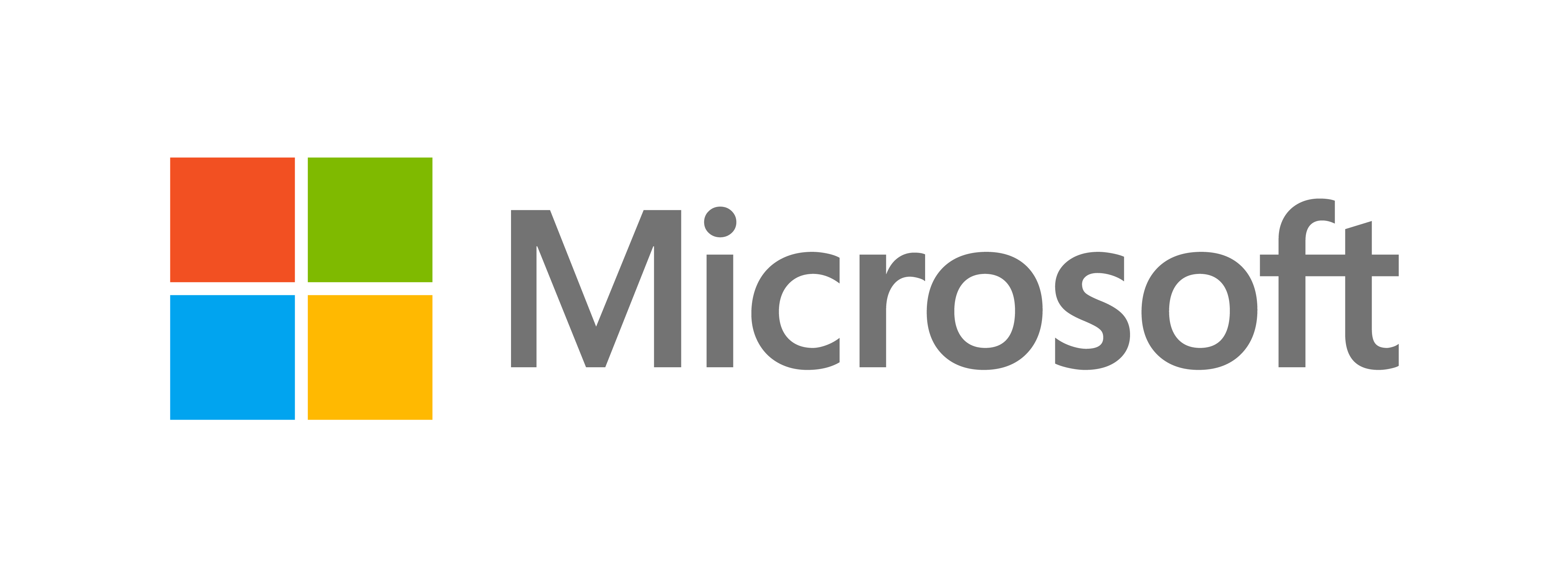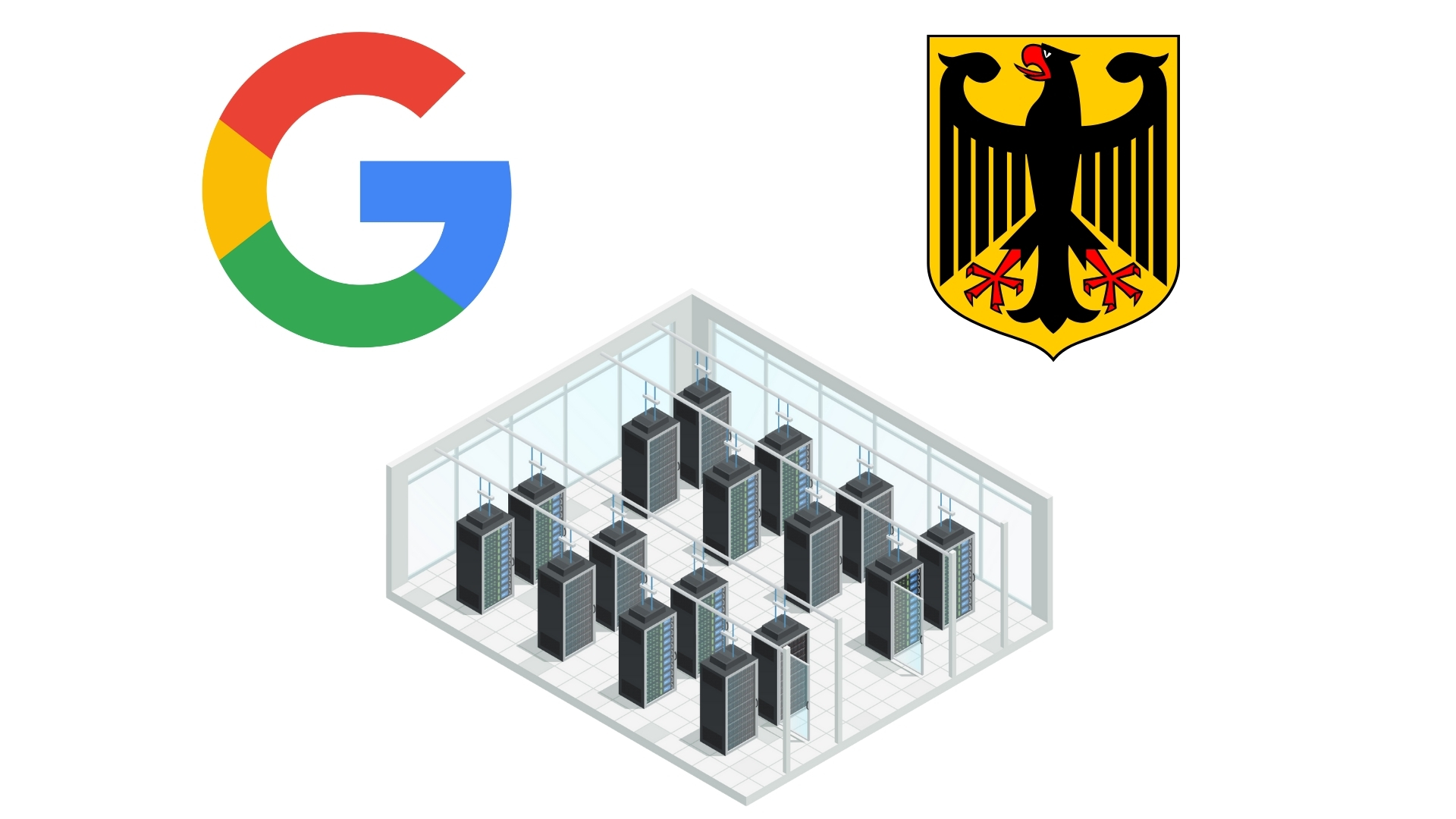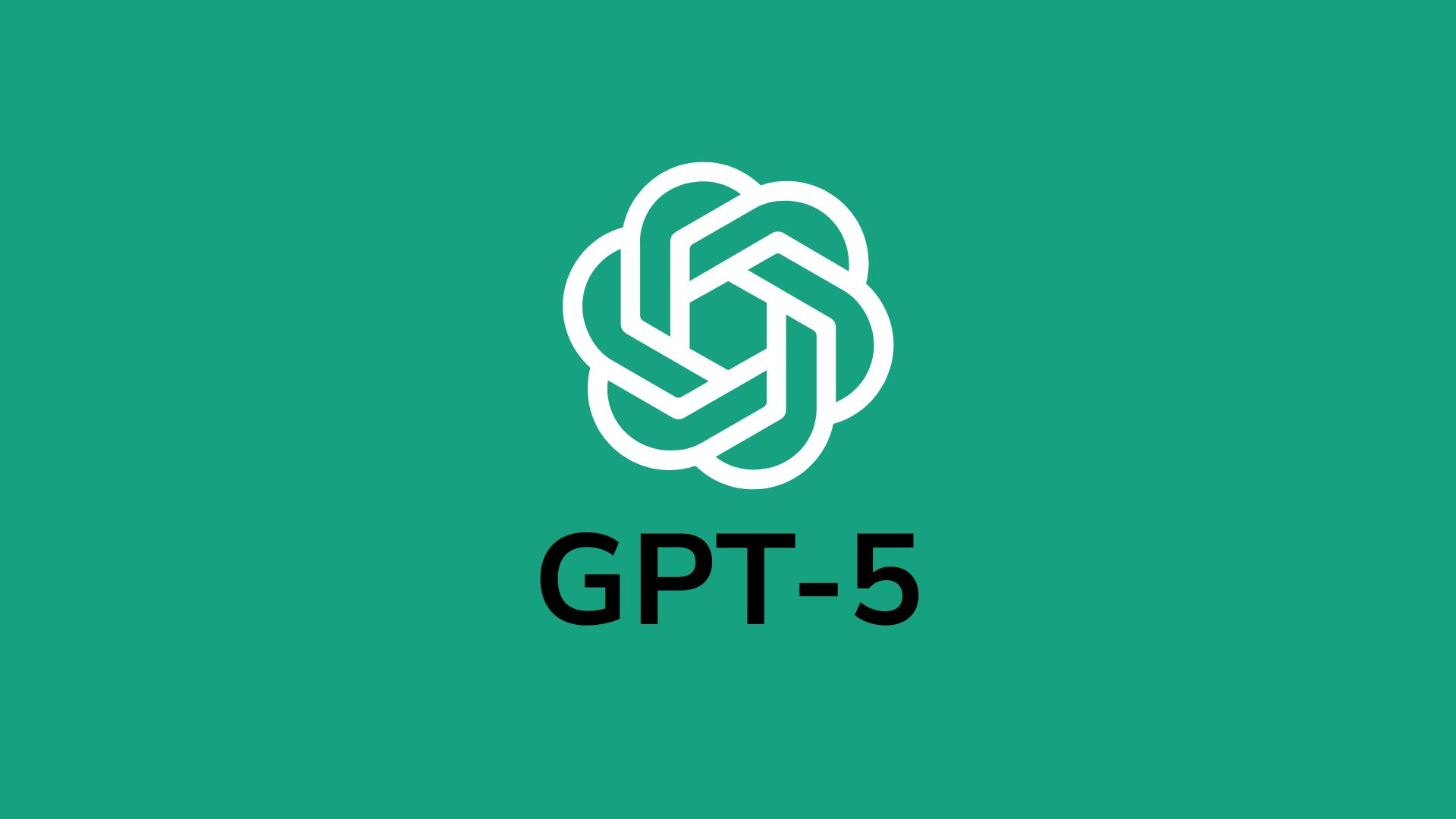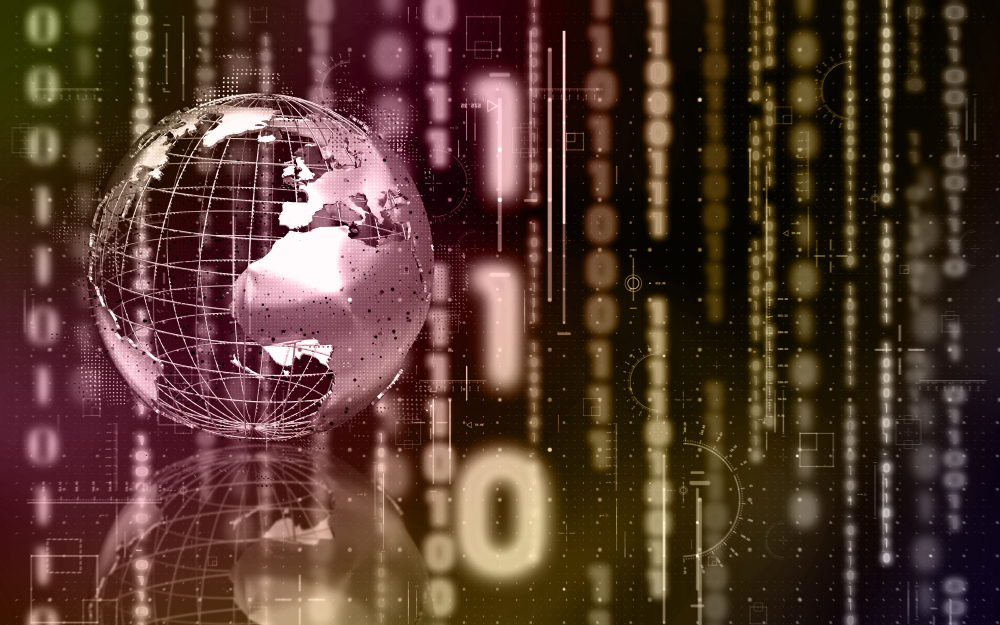Microsoft has opened Fairwater, a new class of AI datacentres networked across the US. Atlanta began operating in October and links with the Wisconsin build to act as a single superfactory. The design targets faster training for models used by Microsoft, OpenAI and Copilot.
Fairwater sites pack hundreds of thousands of advanced GPUs with liquid cooling. Company materials highlight near-zero operational water use at Atlanta’s system and efficiency improvements in Wisconsin. Coverage confirms multi-site networking intended to accelerate model development.
Residents and experts voice concern over noise, power demand and water risks near proposed AI hubs. Georgia communities have pursued restrictions, citing environmental strain and rising utility bills, while Wisconsin groups demand transparency.
Microsoft expanded its Wisconsin investment and cancelled a separate Caledonia plan after severe local pushback. The Mount Pleasant project continues, with commitments on infrastructure costs and efficient cooling noted in filings and reports.
Would you like to learn more about AI, tech and digital diplomacy? If so, ask our Diplo chatbot!










